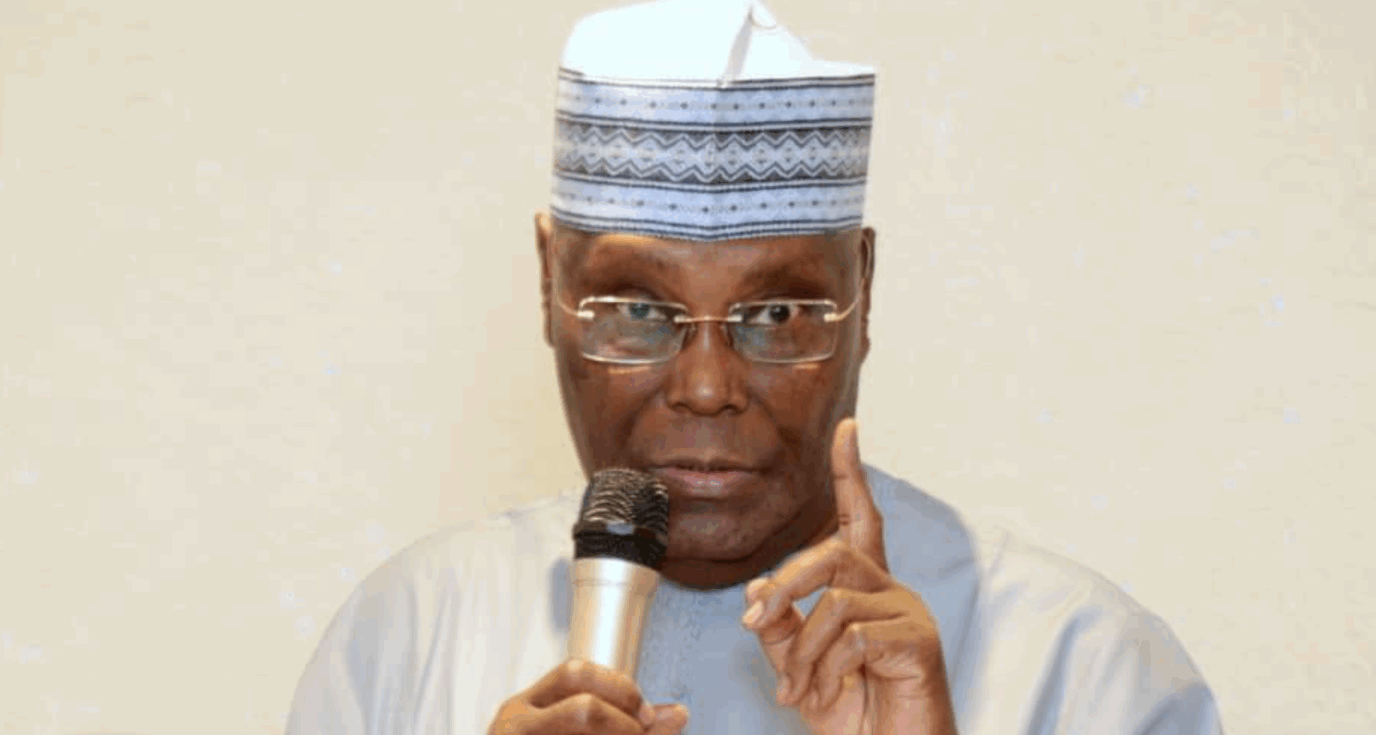President Bola Tinubu has signed the Nigerian Insurance Industry Reform Bill 2025 into law, marking what the presidency described as a pivotal step toward modernising Nigeria’s financial architecture and achieving the administration’s $1 trillion economy vision.
The newly enacted Nigerian Insurance Industry Reform Act (NIIRA) 2025 repeals and consolidates several outdated pieces of legislation governing insurance and reinsurance operations in Nigeria, introducing a unified, forward-looking legal framework.
The legislation, according to Bayo Onanuga, Special Adviser on Information and Strategy to the President, aims to bolster financial stability, strengthen regulatory oversight, and drive innovation within the insurance sector.
What the Law Does
The NIIRA 2025 introduces sweeping reforms, including:
- Stricter capital requirements for insurance and reinsurance firms to ensure financial soundness and protect policyholders.
- Enforcement of compulsory insurance schemes, such as motor third-party, group life, and building insurance, which historically have suffered from low compliance.
- Digital transformation initiatives, aimed at making insurance services more accessible and efficient.
- Policyholder protection funds, to provide a safety net for consumers in cases of insolvency.
- Zero tolerance for delayed claims, with mechanisms in place to penalize defaulting insurers.
- Enhanced participation in regional schemes, such as the ECOWAS Brown Card, promoting cross-border insurance cover within West Africa.
The National Insurance Commission (NAICOM) has been tasked with overseeing the implementation of the Act. This includes ensuring compliance, fostering market development, and enhancing insurance penetration, currently estimated at below 1% of GDP.
Implications for the Insurance Sector
The Act is widely seen as a positive change for Nigeria’s underdeveloped insurance industry, which has long struggled with poor public perception, low adoption, delayed claims settlements, and weak enforcement of existing laws.
By setting higher capital thresholds and introducing stricter oversight, the NIIRA 2025 is expected to encourage industry consolidation, reduce the number of weak players, and attract more credible investors.
Compulsory insurance enforcement, if effectively implemented, could unlock billions of naira in annual premiums, particularly from sectors like construction, transport, and health. The digitisation agenda also signals a push toward InsurTech growth, expanding access among underserved populations and informal sectors.
Industry players are likely to see increased regulatory pressure but also a more level playing field, particularly with the emphasis on timely claims resolution and consumer protection.
What It Means for the Nigerian Economy
The insurance sector is a critical enabler of economic stability and long-term capital formation. By reforming the legal foundation of the industry, the Tinubu administration aims to strengthen risk management practices across sectors, increase investor confidence, and mobilise domestic capital for infrastructure and development projects.
Higher insurance penetration also translates into greater social protection and resilience for households and small businesses, particularly in a volatile economic climate.
Furthermore, with Nigeria seeking to position itself as a financial services hub for Africa, a robust and globally competitive insurance industry is essential. The NIIRA 2025 could make the Nigerian market more attractive to international reinsurers and financial institutions, especially if NAICOM ensures transparent and consistent enforcement.












